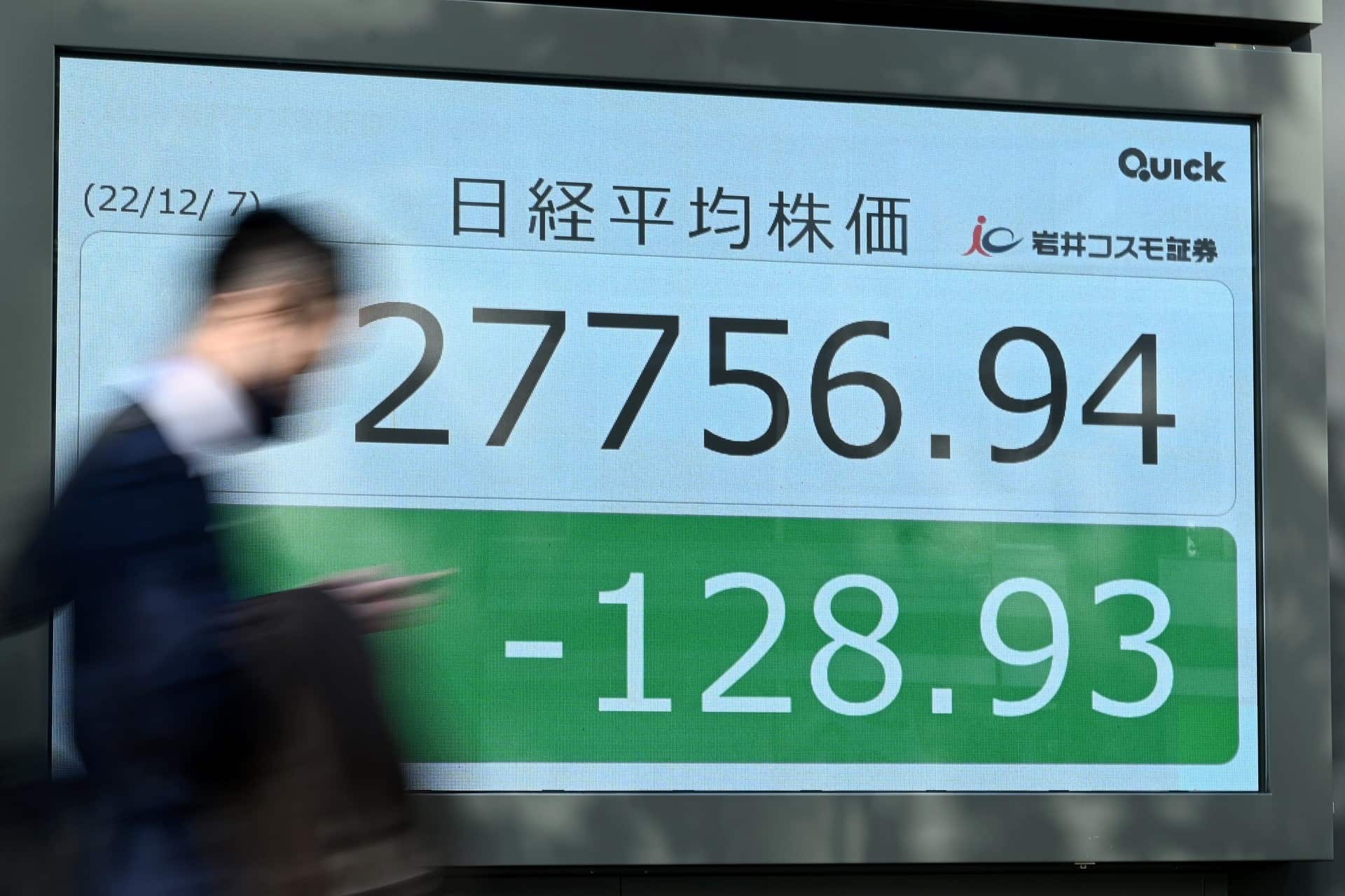Asia-Pacific markets are mixed on Tuesday, after Federal Reserve Chair Jerome Powell indicated the recent outsized cuts enacted by the U.S. central bank should not be interpreted as a sign that future moves will be as aggressive, CNBC reported.
“This is not a committee that feels like it’s in a hurry to cut rates quickly,” he said during a Q&A period following his speech with Morgan Stanley economist Ellen Zentner. “If the economy performs as expected, that would mean two more rate cuts this year, a total of 50 [basis points] more.”
The current federal funds rate stands at 4.75%-5%, with the expected additional 50 basis points in cuts set to take the Fed’s benchmark interest rate to 4.25%-4.5% at the end of 2024.
In Asia, traders will focus on the Bank of Japan’s third quarter Tankan survey, which measures the level of business optimism among large Japanese companies.
Business optimism among large Japanese manufacturers came in at +13, unchanged from the quarter before and in line with forecasts from a Reuters poll.
Separately, sentiment among large non-manufacturers in Japan improved, inching up to +34 from +33 in the second quarter and beating Reuters expectations of +32. A positive figure indicates that optimists outnumber pessimists, and vice versa.
The BOJ also released its summary of opinions for its Sept. 19-20 meeting, which came a day after the U.S. Federal Reserve delivered a 50 basis points cut and before the ruling Liberal Democratic Party election last week.
During that meeting, the BOJ did not make any changes to its benchmark interest rate, with the summary of opinions revealing that at least one board member thought that a rate hike is “undesirable” as this would suggest that the bank was moving to a full fledged tightening cycle.
Another BOJ board member was of the view that “Japan’s economy is not in a situation where the Bank may fall behind the curve if it does not raise the policy interest rate at a certain pace.” As such, the member said, “the Bank will not raise its policy interest rate when financial and capital markets are unstable.”
Japan also reported its unemployment rate for August eased to 2.5%, down from 2.7% in July and lower than the 2.6% is expected by economists polled by Reuters.








